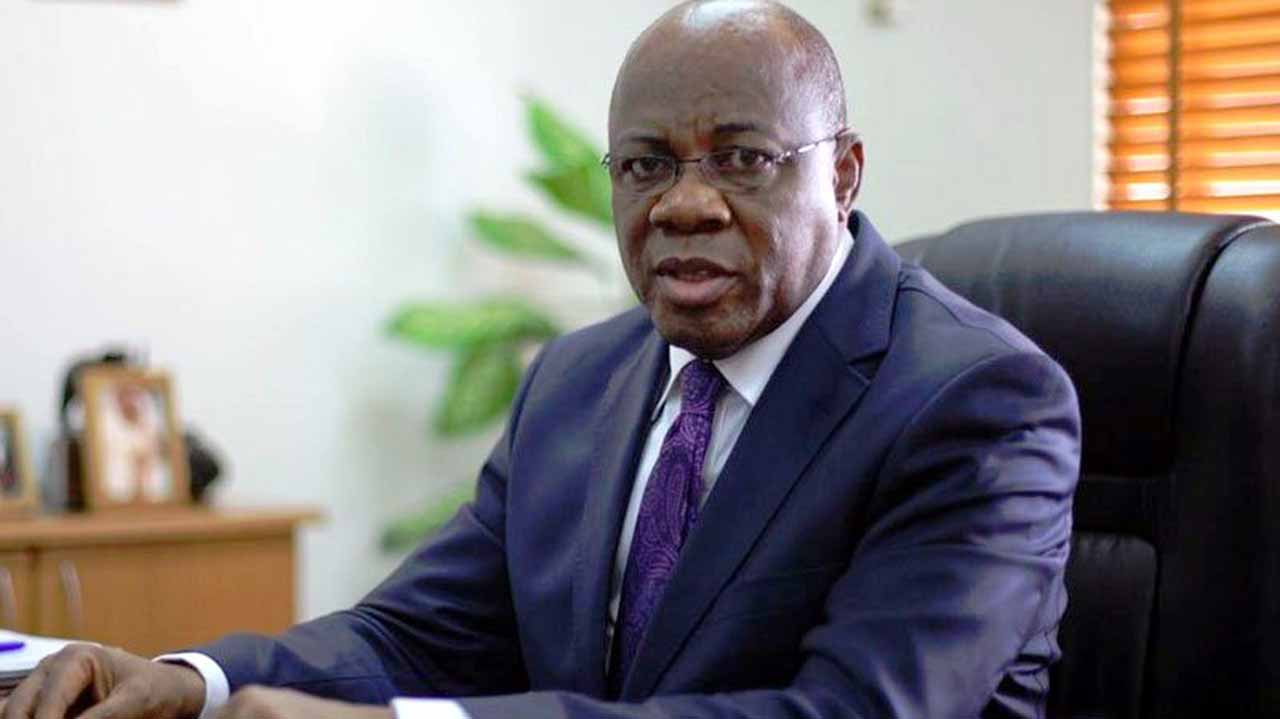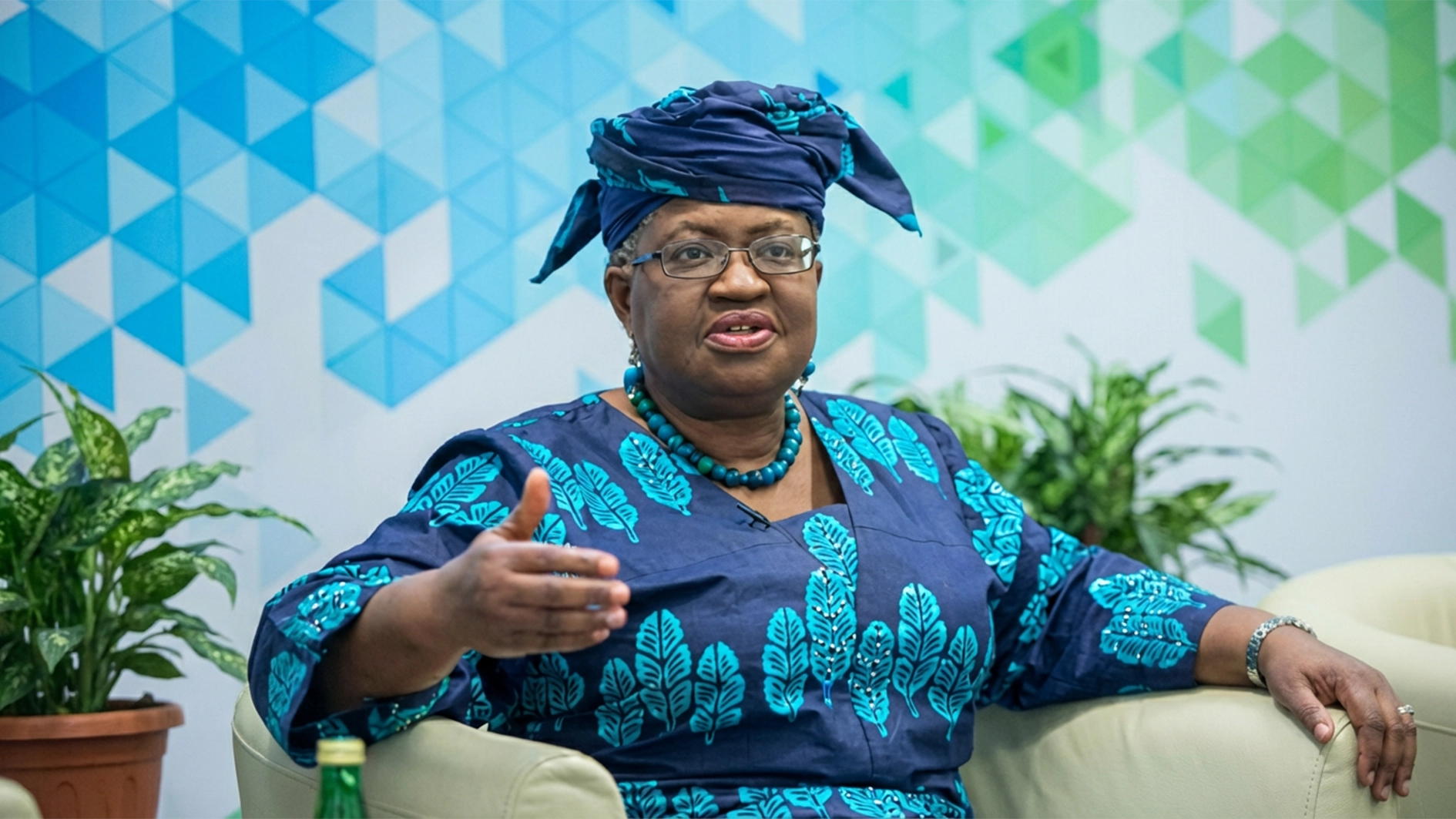[dailymotion code=”kHdsuRqYNsdJ7bxOdBM” autoplay=”yes”]
• ARDA to raise $23b to finance cleaner fuel sacrosanct
With a growing population, rising energy demand, geopolitical tension across the world, the African Refiners and Distributors Association (ARDA) has stressed the need for Nigeria and other African countries to prioritise energy security.
Recall that the ongoing war between Russia and Ukraine has rattled the energy market with crude and natural gas prices hitting record highs.
Expressing concerns at the 2022 ARDA Week in Cape Town, South Africa, stakeholders, which include most of the players in Africa’s downstream value chain, noted that the ongoing Russia-Ukraine conflict has significant implications for African economies, especially as it relates to trade, financial flows, energy prices and supply chain disruptions.
Executive Secretary of ARDA, Anibor Kragha, noted that while Africa is viewed as an attractive alternative source of natural gas, financing the required infrastructure is a major challenge.
“Rising crude oil prices result in higher product prices and impact budgets and subsidies. Supply chain disruptions impact availability of imported petroleum products, higher freight charges and further increase product prices,” he said.
According to him, the African Continental Free Trade Area (AfCFTA) must be leveraged to promote intra-continental trade to encourage robust energy security via coordinated refining of storage and distribution supply chain logistics for cleaner fuels.
For Africa to meet up with cleaner fuel projections, ARDA said $15.7 billion would be required to upgrade regional refineries to produce AFRI-6 (10 ppm Sulphur) fuels. Another $7.5 billion is required to dislodge charcoal with modern fuels.
Kragha noted also that Africa’s growing petroleum product demand must be met with cleaner fuels, disclosing that fossil fuel demand and products imports would grow over the next two decades while major urban population growth would result in increased pollution even as a sustainable transition to cleaner fuels remained key in addressing public health issues.
Calling for an equitable and just energy transition plan for Africa, Kragha said an inclusive and equitable energy transition roadmap must be deployed to capture the priorities, challenges and perspectives of Africa’s low-emitting countries.
He said: “Roadmap must not prioritise near-term emission reductions (with relatively little climate benefits) over support for economic development and energy transformation.”
According to him, limited public funding must target cleaner transport and cooking fuels and associated distribution infrastructure while separate financing frameworks are required to promote cleaner fuels and power initiatives.
Kragha said Africa could afford to make the technological jump to replace cooking and transport fuels with renewable options now, adding that the continent could adopt proven and cost-effective renewables technology later.
Also speaking at the event, monitored virtually by The Guardian, Kragha said governments must prioritise policies to address public health and environmental issues of clean air, fuels and vehicles, noting that complex, inefficient supply chains, intra-African trade challenges impede the implementation of cost-effective clean energy solutions.
The Nigerian energy expert also noted that coordinated storage and distribution investments were required to deliver energy transition plans.
He insisted that “Current global events have prioritised the need for African energy security. A unique roadmap is needed to ensure a just and sustainable energy transition. Africa’s growing energy demands must be met with cleaner fuels imports to address pollution and public health issues. Africa is unable to leapfrog existing cleaner fuel technology to renewables. Separate implementation strategies are necessary for successful cleaner fuels, lower-carbon power generation and sustainable renewable energy solutions.
According to him, a measured, decade-by-decade Sustainable Finance Plan is required to ensure investments are made to deliver a unique African Energy Transition Plan(s).






